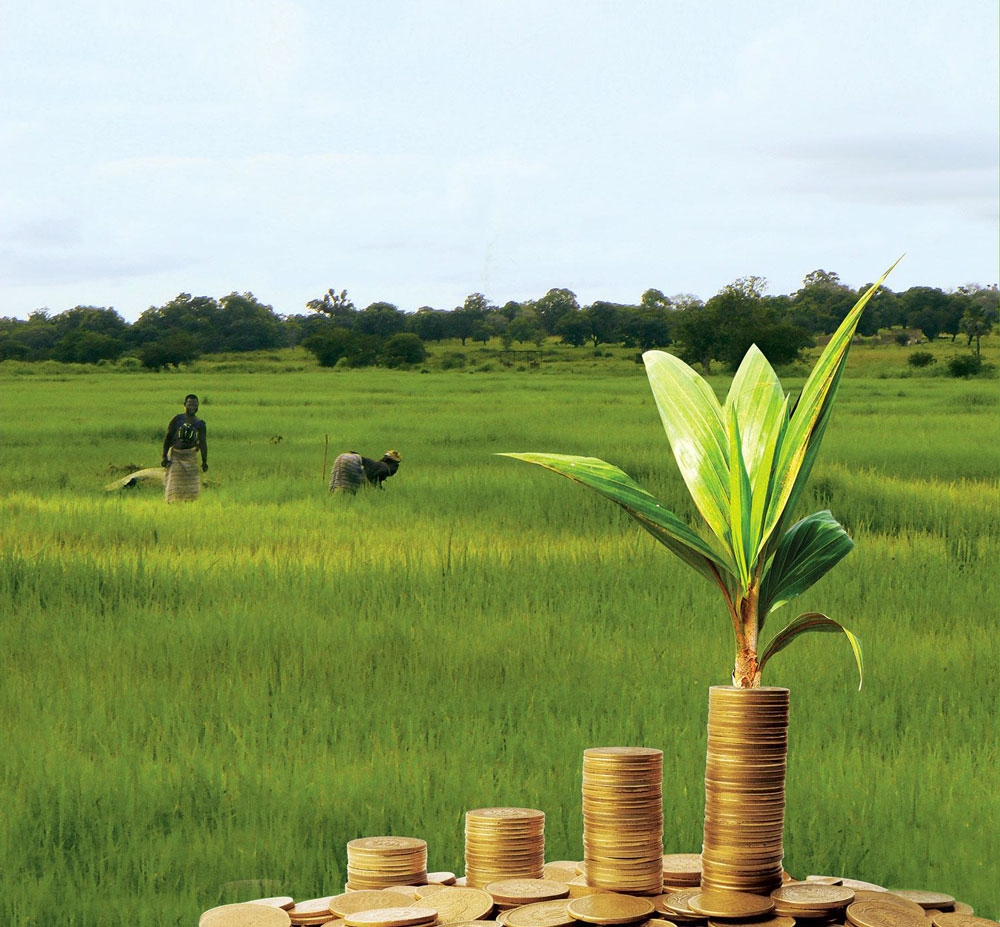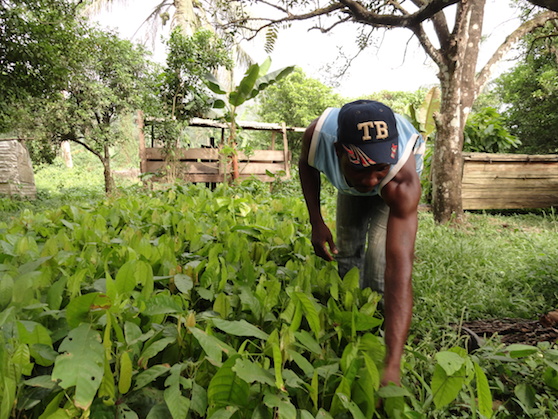
By PAMACC News
Africa continues to suffer enormous social and economic losses in billions of dollars as a result of climate change impacts.
A vulnerable continent that is burning and flooding at the same time needs finance to be able to achieve mitigation, adaptation and technology goals.
But without a clear roadmap for delivering $100 billion per year by 2020, as pledged by developed countries since 2009, developing countries are hindered in their ability to carry out their own climate actions.
Negotiators from the world’s governments are gathering in Bonn, Germany from April 30 to May 10 for three simultaneous meetings under the United Nations Framework Convention on Climate Change (UNFCCC).
Ironically, the United States, which has signaled it will not want to be a party to the Paris Agreement when implementation starts in 2020, is sitting and negotiating as a party.
“Our worry is that the world will once again be pressured to accommodate the United States and this is really very unfair because the concessions are already made in the Paris Agreement,” said Meena Raman of the Third World Network. “The solutions for addressing the climate challenge have to be fair and have to ensure that once again the poor and the planet are not sacrificed”.
Climate finance has become a sticking point in the climate talks since the withdrawal of $2 billion by the U.S. under Trump’s administration.
And it is increasingly becoming a taboo to discuss climate finance with other developed countries, observed Augustine Njamnshi of the Pan African Climate Justice Alliance (PACJA).
“When finance becomes a taboo in this discussion, then there is no good faith in the discussions”, he said. “You want to sit here and tell nice stories when whole families are being swept by floods in West Africa?”
The conditional Nationally Determined Contributions (NDCs) from developing countries in implementing the Paris Agreement will cost more than 4.3trillion dollars to be achieved.
African civil society therefore wants finance for climate action prioritized if the Paris Agreement should come to life.
“Africa strongly supports the Adaptation Fund to serve the Paris Agreement. However, we are dismayed with the shifting of goal posts by our partners who intend to delay the realization of actual financing of full costs of adaptation in Africa,” said Mithika Mwenda, Secretary General of PACJA at a press conference. “We urge our partners not to further delay the decision which is key in providing adaptation support to Africa”.
UN climate chief, Patricia Espinosa, has outlined three important goals to accomplish by the end of 2018 – building on the pre-2020 agenda, which charts the efforts of nations up to the official beginning of the Paris deal; unleashing the potential of the Paris deal by completing the operating manual; and building more ambition into countries national pledges.
But African civil society is demanding the rich world offers more detail on its commitments to climate finance without any delay in the Paris rulebook beyond COP24.
“The effective ambition of developing countries depends on the provision of means of implementation by developed countries,” said PACJA in a statement.
“We strongly urge our African governments to rethink critically on the progress of climate talks as any position that contradicts that real climate change implications to Africa then will shift the burden of climate change to African countries”.












Quote: “Is climate financing increasing for Africa”? Editors – May 2, 2018.
Quote: “The negotiations of the governments of the world gather in Bonn, Germany, from April 30 to May 10 for three simultaneous meetings under the United Nations Framework Convention on Climate Change (UNFCCC)”.
Today, the existence and development of the European Union directly depends on investing money in Africa. This is especially true of Germany. Germany has money. However, money without technology can earn a penny in a hotel or other primitive business, and there will be no influence on the ecology of Africa or the EU. For jobs in Africa, and getting serious profits, you need two types of investment: money and technology. Without technology, and first of all, my natural technologies, work in Africa is not worth starting. The summit in Bon can be quietly closed – to improve the climate in Africa and the EU, it will not be possible, to make money for the EU and Africa, it will not be possible either.
Climate recovery. Only in Africa you can plant and grow billions of trees. They:
They will close the soil – and lower the temperature of the planet.
Destroy carbon dioxide and poisonous smog in the atmosphere, and replenish it with oxygen.
Lead to the norm of the world ocean level. One adult tree stores up to 2.5 tons of fresh water in the root system. One billion trees will remove 2.5 billion tons of water from the ocean annually.
Sincerely, developer of environmental programs, Victor Rodin. Ukraine. Khmelnitsky NPP. Tel. Kiev Star: 961336344. Mail: dorosydos@gmail.com.
— — —
Цитата: «Увеличивается ли финансирование в области климата для Африки»? Редакторы – 2 мая 2018 года.
Цитата: «Переговоры правительств стран мира собираются в Бонне, Германия, с 30 апреля по 10 мая для трех одновременных совещаний в рамках Рамочной конвенции Организации Объединенных Наций об изменении климата (РКИКООН)».
Сегодня существование и развитие Евросоюза напрямую зависит от вложений денег в Африку. Особенно это касается Германии. У Германии есть деньги. Однако деньги без технологий могут зарабатывать копейки на гостиничном или другом примитивном бизнесе, и на экологию Африки или ЕС влияния не окажут. Для работ в Африке, и получений серьёзных прибылей, нужны два вида инвестиций: деньги и технологии. Без технологий, и в первую очередь моих природных технологий, работы в Африке начинать не стоит. Саммит в Боне можно спокойно закрывать – улучшить климат в Африке и ЕС, не удастся, заработать деньги для ЕС и Африки, не удастся тоже.
Восстановление климата. Только в Африке можно посадить и вырастить миллиарды деревьев. Они:
Закроют почвы – и понизят температуру планеты.
Уничтожат в атмосфере углекислый газ и ядовитый смог, и пополнят её кислородом.
Приведут к норме уровень мирового океана. Одно взрослое дерево запасает в корневой системе до 2,5 тонн пресной воды. Один миллиард деревьев будет убирать из океана 2,5 миллиарда тонн воды в год.